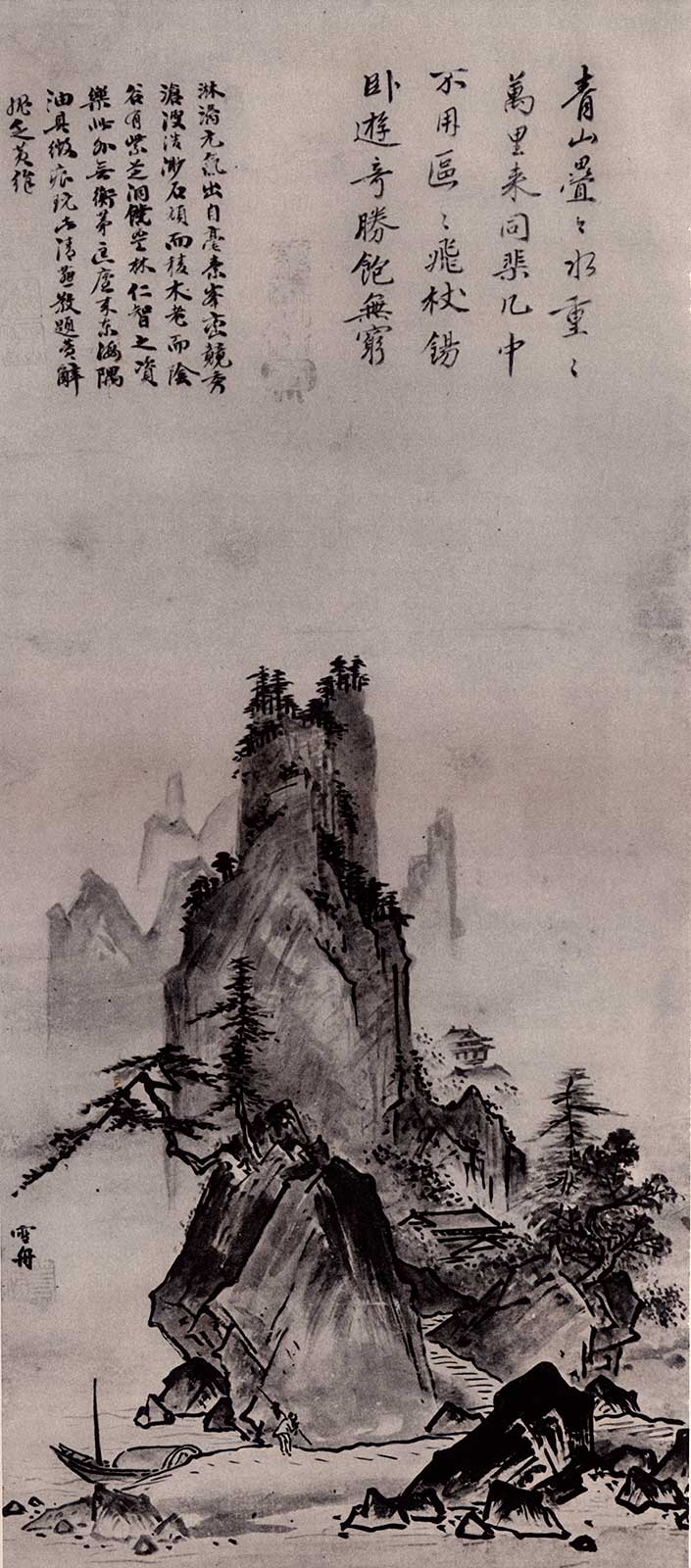time zone will be applied.
Report this post?

Presented by Thomas Conlan, Professor in East Asian Studies and Professor of History, Princeton University.
This Zoom event will take place on May 8th, 5:00 - 6:30pm Los Angeles Time / May 9th, 09:00 - 10:30am (Seoul Time).
Please register here: https://us02web.zoom.us/meeting/register/tZcvf-GorzMpGdVOCWlenHIagFpbiZxwtLuV
Abstract
Japanese Korean relations were strong and durable in the fourteenth through early sixteenth centuries under the aegis of the Ōuchi, a family of Korean immigrants who gained power and influence in the western Japanese provinces of Suō and Nagato. The Ōuchi, who dominated western Japan through the mid-sixteenth century, gained much wealth and power through trade with Joseon in copper ore, and, later, silver. The Ōuchi family was unique in claiming ethnic descent from Joseon kings, and-remarkably for this time-such claims were recognized in both Joseon and Japan. Their position, coupled with dominance over strategic ports and mines, allowed them to facilitate trade throughout East and Southeast Asia. They also played a key cultural role in disseminating Confucian texts, Buddhist sutras, ink paintings, and pottery, and in creating a distinctive, hybrid culture that fused Japanese, Korean, and Chinese beliefs, objects, and customs.
Thomas Conlan will illustrate how Japan was an ethnically diverse state from the fourteenth through the sixteenth centuries, closely bound by trading ties to Korea and China. His talk will reveal new archaeological and textual evidence proving that East Asia had integrated trading networks long before the arrival of European explorers and includes an analysis of ores and slag that shows how mining techniques improved and propelled East Asian trade. The story of the Ōuchi rulers argues for the existence of a segmented polity, with one center located in Kyoto, and the other in the Ōuchi city of Yamaguchi. His talk will also contradicts the belief that Japan collapsed into centuries of turmoil and rather proves that Japan was a stable and prosperous trading state where rituals, policies, politics, and economics were interwoven and diverse.
About the Speaker
Thomas Conlan, Professor of East Asian Studies and History, is interested in the political, social and intellectual transformations of Japan from the eleventh through the sixteenth centuries. Majoring in Japanese and History at the University of Michigan, he attended graduate school at Stanford University. Professor Conlan’s first published work, In Little Need of Divine Intervention: Scrolls of the Mongol Invasions of Japan, introduced an important picture scroll depicting the Mongol invasions of Japan. His next monograph, State of War: The Violent Order of Fourteenth Century Japan, based on his Ph.D. dissertation, revealed how warfare transformed the social, political, and intellectual matrix of fourteenth-century Japan. He then wrote a general history of the samurai, entitled Weapons and Fighting Techniques of the Samurai Warrior, 1200-1877, which was revised and reprinted as Samurai Warrior Weapons and Fighting Techniques. He also completed a translation of Samurai and the Warrior Culture of Japan: A Sourcebook 471-1877. In his From Sovereign to Symbol: An Age of Ritual Determinism in Fourteenth Century Japan, Professor Conlan analyzed the nature of political thought in medieval Japan. Finally in his most recent monograph, Kings in All but Name: The Lost History of Ōuchi Rule in Japan 1350-1569 (Oxford, 2024), Conlan provides a new understanding of premodern Japanese history, showing that it was a multiethnic state, economically based on mining and trade.
Choson History Society
https://www.chosonhistorysociety.org/